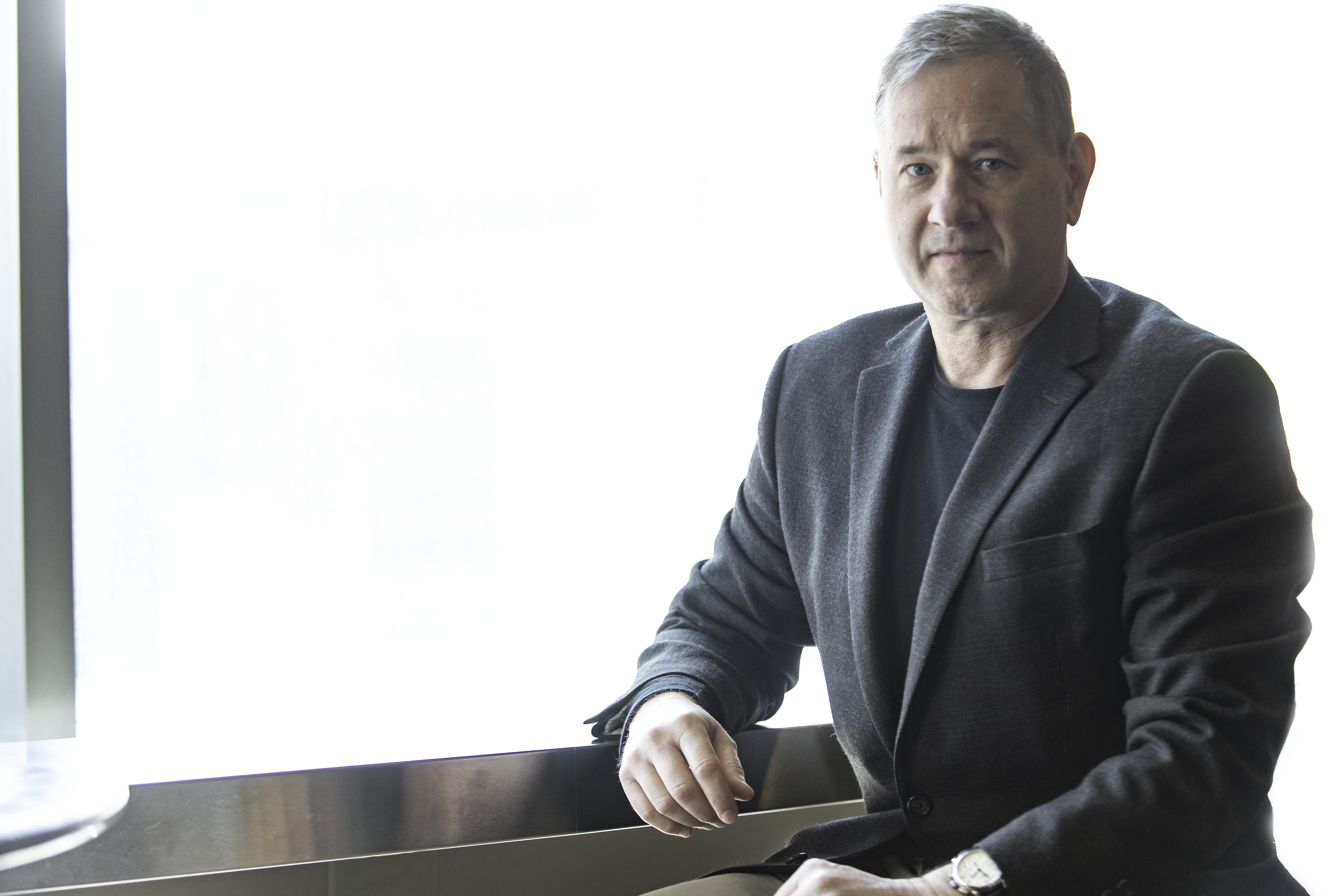Being an innovator is never easy. But does it really have to be so hard?
Mitch Kowalski became a lawyer to help people and do interesting work. With a law degree from Western University (1989) and a master’s from Osgoode Hall Law School (2001), he took his practice seriously, shuttling between big law firms, the City of Toronto, and the private sector. But something was off.

“I didn’t like the way I was being told to practice,” he says. “I was too quick at my job” – which can be a problem in a profession that measures your value by the billable hour.
“When you’re very good at what you do, it makes it hard to hit your targets.”
In 2006 Kowalski founded his own legal practice, advising clients on real-estate projects. But his dissatisfaction with the profession gnawed at him until 2009, when he read The End of Lawyers?: Rethinking the Nature of Legal Services, by U.K. law professor Richard Susskind. “It said that the way we practice needs to change,” Kowalski says.
“I was nodding my head at every page. I was glad to find I was not alone.”
Still a best-seller on Amazon.com, the book challenged lawyers and law firms to rethink the way they work. With new information technologies and clients demanding more efficiency and transparency, Susskind warned that lawyers who don’t change may find themselves premium-priced relics in a commoditized world.
Determined to play a role in this shiny new future, Kowalski started consulting, writing and speaking on innovation for legal practices. He has now written two books (Avoiding Extinction: Reimagining Legal Services for the 21st Century [2012], and The Great Legal Reformation: Notes from the Field [2017]), both of which garnered praise from his guiding spirit, Richard Susskind.
Today, Kowalski helps legal professionals (both law firms and in-house counsels) manage the future, including all its risks and its opportunities. While he insists many dusty old traditions need to change (including billable hours, management by partnership, and the notion that law firms need to occupy the top floors in the city’s tallest buildings), he says the benefits will prove compelling. Lawyers will become more active, creative advisors doing more interesting work, he says, feel less stressed, and enjoy more positive client relationships.
Surprisingly, new technologies such as AI and blockchain play only a minor role in Kowalski’s playbook.
“The biggest mistake people make is that innovation means tech,” he says. “Innovation is new ways of doing things that add value to for your clients and yourself. It starts with creating the best customer experience.”
The big opportunities, he says, come from reforming existing processes. For instance, new communications technology makes it easier to reduce costs by moving non-essential personnel to remote locations. Breaking away from valuing legal services based on time would incent lawyers to find efficiencies and become more service-oriented.
A customer-first firm, for instance, would notice when certain clients or contracts are causing consistent problems, and create products that solve the underlying issues rather than process the same rote work over and over. To lawyers who fear fewer hours, Kowalski says charging fees based on value created can produce the same financial returns in less time – not just saving money, but leading to more work as clients reward the law firm that best aligns its interests with its clients’.
“The driver is definitely getting the work done for the client,” says Kowalski. “Not worrying about how long it takes, or how short it takes.”
But Kowalski believes the partnership structure of professional-services firms also needs changing. There’s no evidence that lawyers are the best people to lead law firms, especially when new thinking is needed on issues such as business development, technology and marketing. Kowalski admires recent moves in the U.K. and Australia allowing non-lawyers to become part-owners of law practices and assume management roles. He believes empowered executives will make sounder, bolder long-term initiatives than a partners’ group whose first concern is defending their end-of-year distributions.
“Law firms,” he observes, “are not good places to learn management skills.”
But as his work gains notice around the globe, Kowalski is playing a new role: the prophet without honour in his own country. When he started consulting, Kowalski expected he’d work mainly with Canadian clients.
“I didn’t think working outside Canada was even a possibility,” he says. Today 90% of his business comes from the U.K., Europe and Australia.
Not that Kowalski blames Canadian firms for being behind. Clients just aren’t pressing Canadian lawyers for change, as they are in other parts of the world. In the absence of “a burning platform,” Kowalski says it’s perfectly rational for organizations to shun disruptive activities. But he’s still planting seeds – not least from his visiting professorship at the University of Calgary, where he teaches a three-week course each September on Legal Practice Innovation. And he’s eagerly following pockets of disruption, such as a former student launching a home-based family-law practice in Calgary or Toronto-based Axess Law opening offices in Walmart.
In the long term, Kowalski believes change is unavoidable. He says the current mindsets of Canadian law firms don’t reflect the best interests of their clients. And in a globalized, fast-changing, world, such fundamental misalignment can’t last.
Mitch Kowalski co-hosted the Legal Innovation Summit that took place from September 5-8, 2019. Join Mitch and many more legal innovators from Sept 10-13, 2020 for the next Legal Innovation Summit.